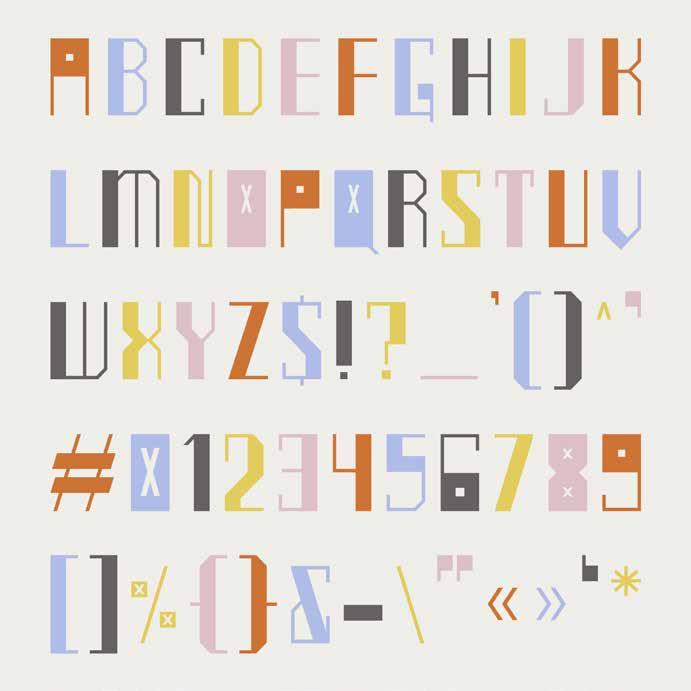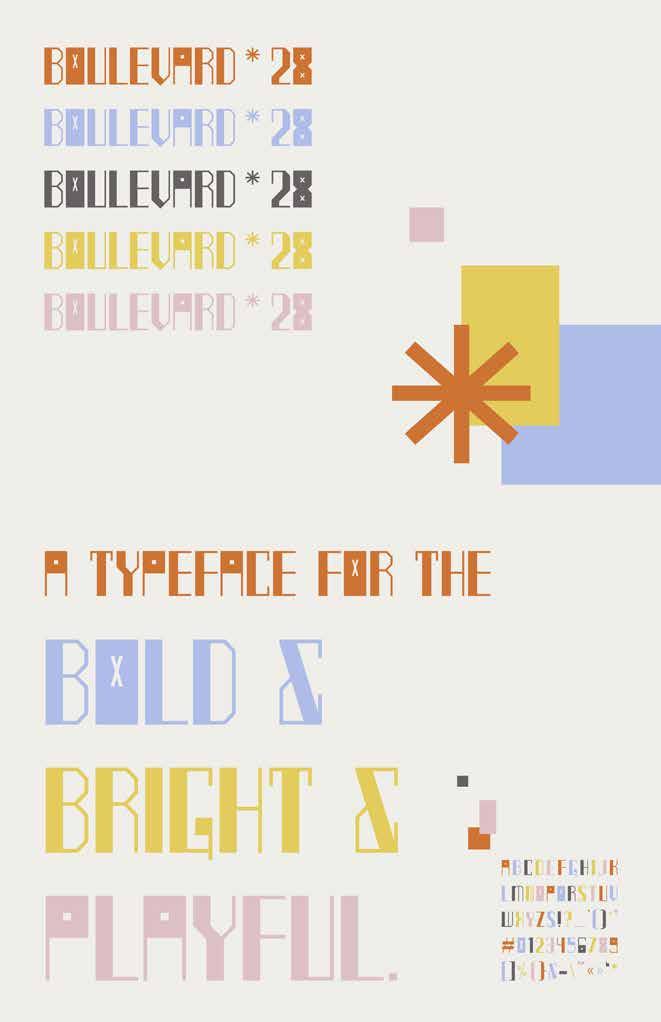
1 minute read
THE HUNT FOR COMMUNITY
The straw that broke the camel’s back. The feather that tipped the scales. The penny that starved the masses. No matter the expression, the message remains the same—a catalyst can come in the smallest of forms. Microaggressions are the small, and sometimes unintentional, actions or dialogues that express judgment towards marginalized communities, and they’re everywhere.
Social sensitivity isn’t something that one can develop in a day, and this is especially true when microaggressions are involved. Much of the time, they’re not something that people think about. In people’s minds, they’re nothing more than passing remarks, if even that. Someone may not even realize that their hand strays to their wallet when they pass someone who looks different in the mall. They may think that a remark complimenting an Asian Canadian’s English is neutral, or even a compliment. This creates a nigh-impossible environment for someone to speak up if they’ve been subjected to prejudice.
Advertisement
Defensive reactions like these are the backbone of the denial of privilege. While a civil conversation has every right and intention to foster change, far too many people bury their heads in the sand and deny their involvement.
It’s a culture of blame deferral, of the quintessential “you started it” and “it’s not my fault you’re [insert irrelevant argument here].” Yet, the fear of and unwillingness to change is why this is such a prevalent problem.
Unconscious biases give rise to microaggressions, and those often perpetuate a toxic environment within workplaces and industries around the world. Again, these are not things that a privileged perpetrator would think about, but they make a tremendous difference in the workforce experience for marginalized groups. Simply entering a male-dominated industry such as gaming or the trades as a non-male-identifying person can be terrifying due to the culture perpetrated by the workplace. Hiring personnel are infamous in their biases towards racialized groups, leading to a stagnant status quo that is rarely, if ever, confronted with diverse ideas.

When all is said and done, it’s up to every person to work forward within themselves. It’s unrealistic to think that change will come in a day, but what can happen in a day is the willingness to change. The first step is the most important. If someone mentions that you said something offensive, instead of feeling attacked, apologize and ask how you can improve. Small aggressions in everyday conversations aren’t unforgivable, so long as the offending party is always open to change.












